Description
Abstract
This study was aimed at finding out the extent to which the phonological discrepancies between English and Uga dialect of Igbo pose problems to learners from this dialect area in the art of second language learning. In particular, it intended to find out how problematic the segmental, phonotactic, and suprasegmental features of English nonexistent in the learners first language cause difficulties and errors among learners from Uga dialect area. The result of the study would provide argument for or against the belief that first language / mother tongue interference or negative transfer, resulting from the discrepancies between the English Language and Uga dialect of Igbo, is one of the major problems learners from this dialectal area encounter in second language learning. Some research questions guided the collection of data for this study. These research questions were formulated towards determining the extent to which the disparity in the segmental phonemes, phonotactic and suprasegmental features stress and intonation of the second language and those of the learners first language pose learning difficulties. The study was carried out in Uga, Aguata Local Government Area of Anambra State, Nigeria, using a sample of one hundred students who have spoken the Uga dialect of Igbo as their first language. Data were collected through oral performance test administered on the sample under the researchers participant observation method. The oral test consisted of words and sentences containing English sound segments, sound combination rules, and suprasegmental features nonexistent in the learners native language. It was found, amongst other things, that a greater percentage of learners committed errors in each of the features English phonology absent in their own language either by approximation, substitution or replacement, thereby transferring the features of their first language phonology into the target language. It was concluded that the segmentals, phonotactics, and suprasegmental disparity between English and Uga dialect of Igbo, to a large extent, pose difficulties and problems to ESL learners from Uga dialect area. It was, therefore, recommended that, for a better performance in learners English, learners of English as a second language must be made aware of the dissimilarity between the phonological features of the target language and those of their first language and also must be carefully taught how to articulate those of the former with serious concentration on all the areas of difficulties in segmental, phonotactics, and suprasegmental features nonexistent in their mother tongue. It was also suggested that learners should, in turn, devote themselves to overcoming the influences of their first language and to mastering features of the target language that pose problems to them in order to attain better articulatory performance in same.
Table of Contents
Title Page i
Approval Page ii
Certification iii
Acknowledgements iv
vii
Dedication vi
Table of Contents vii
Abstract xi
CHAPTER ONE: INTRODUCTION
1.1 Background to the Study 1
1.2 Statement of the Problem 3
1.3 Purpose of the Study 4
1.4 Scope and Delimitation of the Study 5
1.5 Significance of the Study 6
1.6 Research Questions 9
1.7 Definition of Terms 10
1.8 List of Abbreviations 11
CHAPTER TWO: REVIEW OF RELEVANT LITERATURE
2.0 Introduction 12
2.1 Conceptual Framework 12
2.1.1The Concept of Dialect 12
2.1.1.1 Ambiguities/Controversies in the Notion of Dialect 14
2.1.2 Igbo Dialect Classification 16
2.1.3 The Place of Uga Dialect of Igbo/Amaiyi Satellite Dialect 18
2.1.4 The Concept of Phonology 19
2.1.4.1 Phonology as Different from Phonetics 20
2.1.5 The Phonology of English and Uga Dialect of Igbo 21
2.1.5.1 Segmental Features of English and Uga Dialect of Igbo 21
2.1.5.1.1 The English Phonemic Inventory 21
2.1.5.1.2 The Phonemic inventory of Uga Dialect of Igbo 23
2.1.5.2 Phonotactics of English and Uga Dialect of Igbo 26
2.1.5.2.1 English Phoneme Combination Rules Phonotactics 26
2.1.5.2.2 Igbo Phoneme Combination Rules Phonotactics 27
2.1.5.3 Suprasegmental Features of English and Uga dialect of Igbo 28
2.1.5.3.1 English Suprasegmental Features 29
2.1.5.3.2 Suprasegmental Features of Uga Dialect of Igbo 40
2.1.6 Discrepancies between the Phonology of English and Uga Dialect of Igbo/ Language Learning Problems 43
2.1.6.1 Segmental Discrepancies between English and Uga Dialect of Igbo: a Contrastive Analysis 43
2.1.6.2 Phonotactic Discrepancies between English and Uga Dialect of Igbo: a Contrastive Analysis 44
2.1.6.3 Suprasegmental Discrepancies between English and Uga Dialect of Igbo: a Contrastive Analysis 46
2.2 Theoretical Framework 48
2.2.1 Contrastive Analysis CA Theory 49
2.2.1.1 The Notion of Contrastive Analysis 49
2.2.1.2 Origin/Proponents of Contrastive Analysis 50
2.2.1.3 Assumptions of Contrastive Analysis 51
2.2.1.4 Versions of CA Hypothesis 51
2.2.1.5 CAs Relevance /Importance 52
2.2.1.6 Arguments against CA 54
2.2.1.7 Arguments in Favour of CA Grounds for Validating CA 55
2.2.2 Alternate Theories in L2 Learning 56
2.2.2.1 Error Analysis Theory EA 57
2.2.2.1.1 Criticisms against Error Analysis 57
2.2.2.2 Interlanguage Theory IL 58
2.2.2.2.1 Criticisms against Interlanguage 59
2.2.3 The Notion of Transfer/Interference 60
2.2.3.1 Controversies on the Notion of Transfer 61
2.2.4. Reason for Choosing Contrastive Analysis Theory 62
2.2.5. Need for an Eclectic Approach 63
2.3 Empirical Studies 65
2.4 Summary of Review 67
CHAPTER THREE: METHODOLGY
3.1 Design of the Study 68
3.2 Population of the Study 68
3.3 Sample and Sampling Procedures/Techniques 69
3.4 Instrumentation 70
3.5 Method of Data Collection 71
3.6 Method of Data Analysis 71
CHAPTER FOUR: DATA ANALYSIS
4.1 Data Presentation and Analysis 73
4.2 Findings 79
CHAPTER FIVE: DISCUSSION OF RESULTS AND CONCLUSION
5.1 Discussion of Results 83
5.2 Conclusion 93
5.3 Recommendations 94
5.4 Limitations of the Study 97
5.5 Suggestions for Further Studies 98
Works Cited 100
Appendix 1: Students Oral Performance Test Sheet 1 106
Appendix 2: Students Oral Performance Test Sheet 2 107
Appendix 3: Students Oral Performance Test Sheet 3 108
Appendix 4: Students Oral Performance Test Sheet 4 109

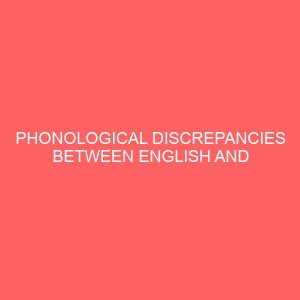
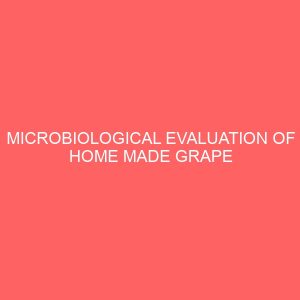
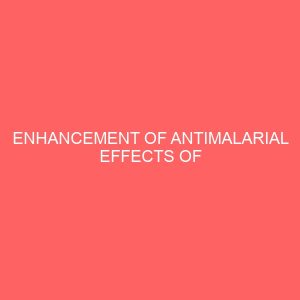

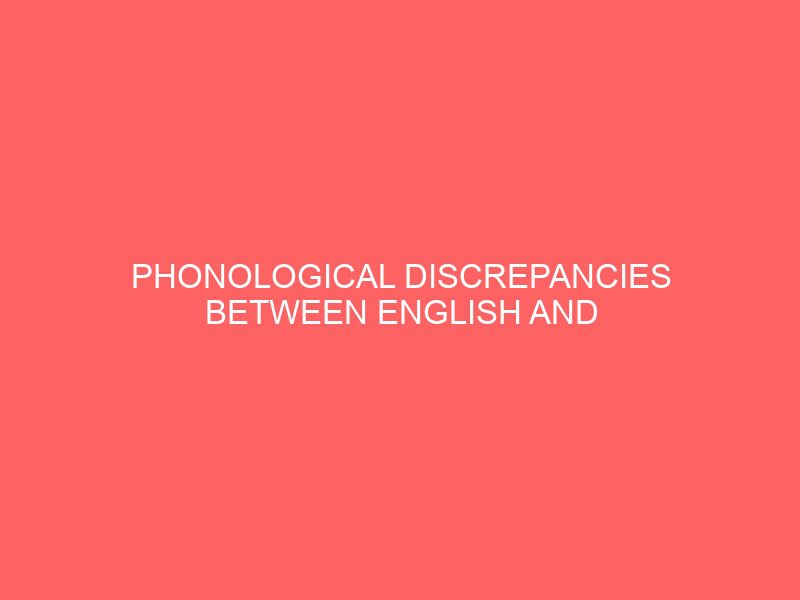
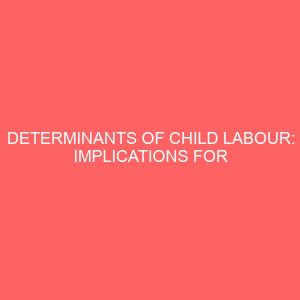

Reviews
There are no reviews yet.